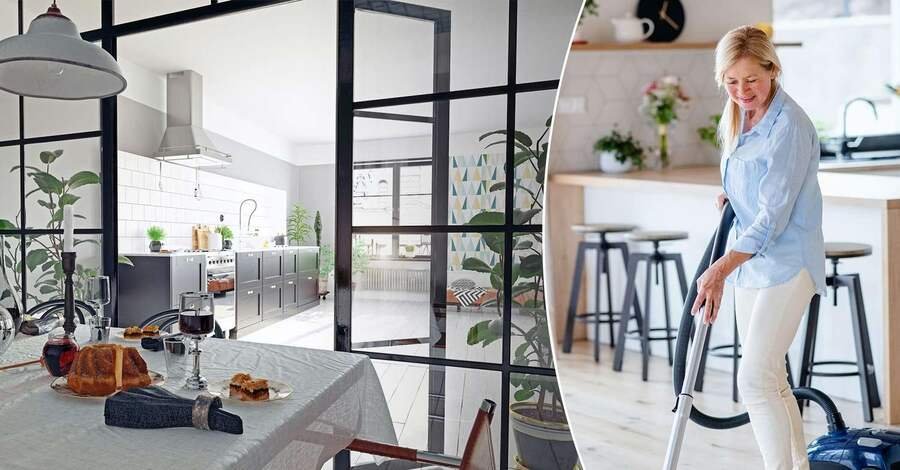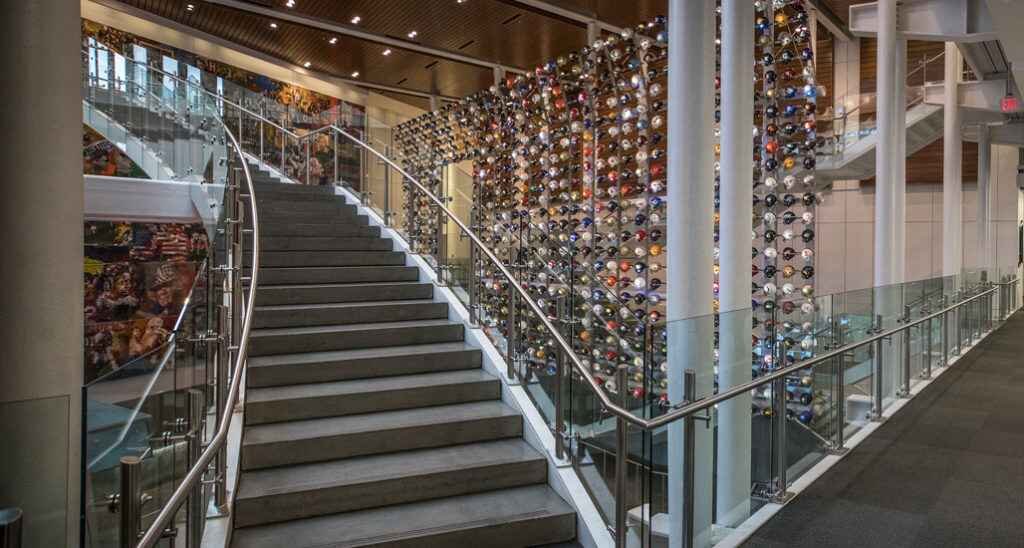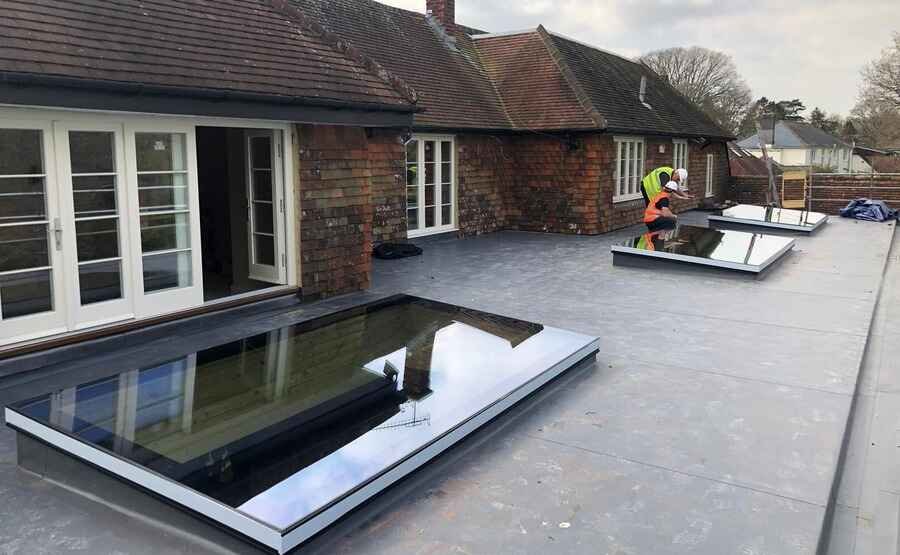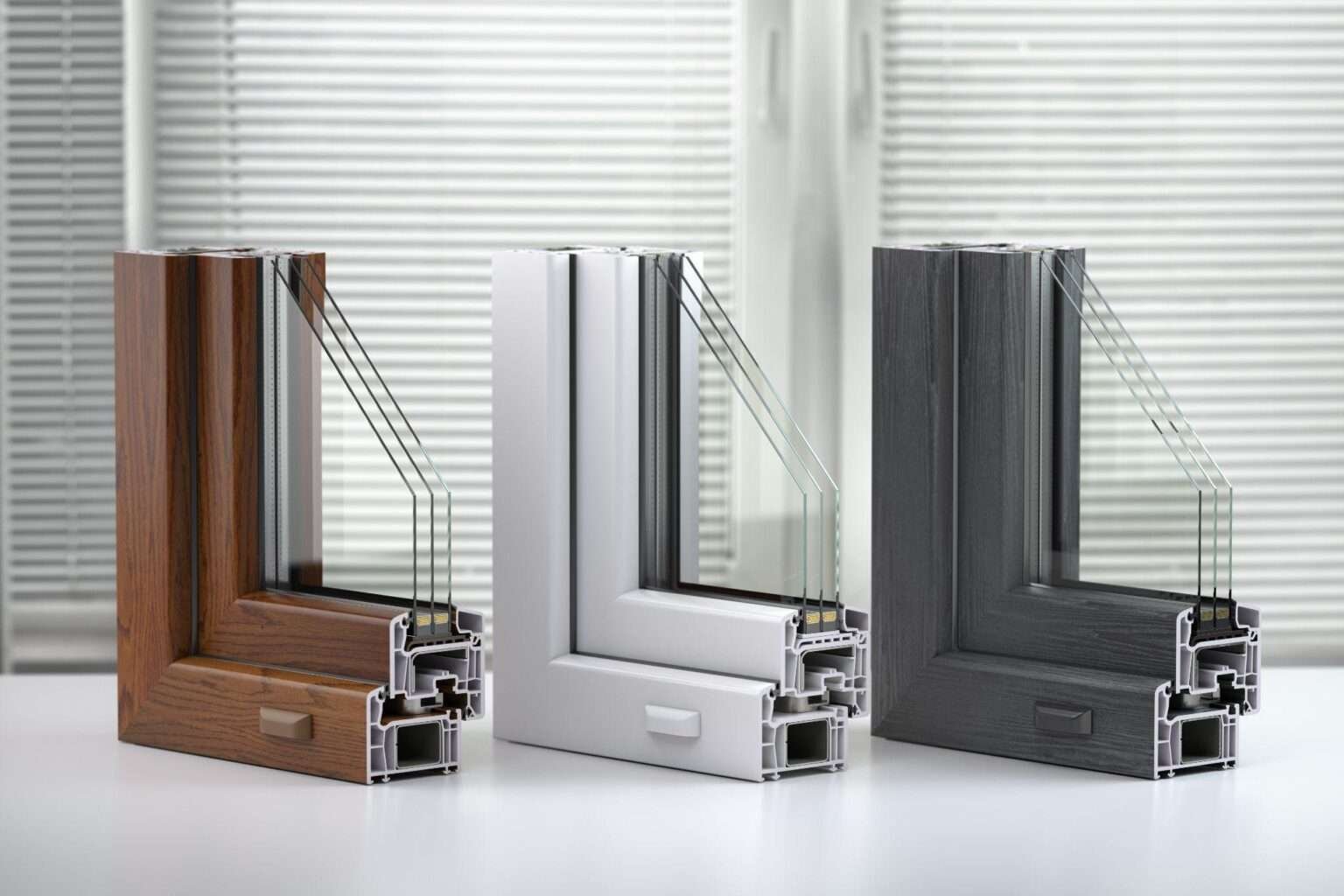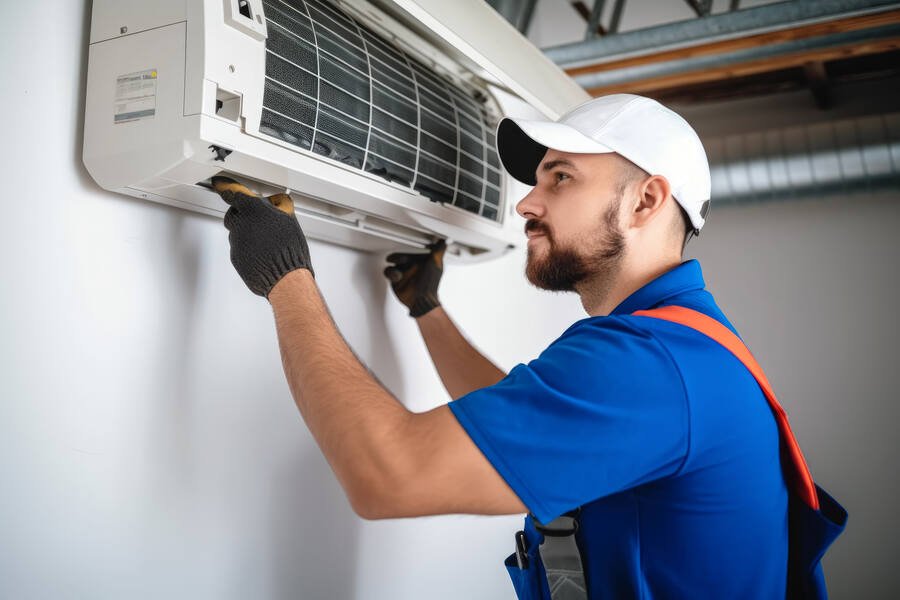What is the actual wall price for glass partitions? Good question, modern interior designers use glass walls as attractive focal points that change spatial dynamics. Transparent dividers create a balance between enclosed rooms and an unimpeded view, giving any space an air of elegance. As companies and households adopt this architectural trend, one question remains: what is the wall per wall price of glass partitions? Generally, glass partitions can cost anywhere from $50 to $150 per square foot or more. This range includes both materials and installation costs, but keep in mind that high-end or customized glass partitions can exceed this range.
This blog goes beyond finances to explain why glass walls are so popular in modern architecture. These divisions change how we see and interact with our surroundings, beyond their practicality. Light and transparency establish a harmonic balance that gives areas a sense of airiness and connectedness, breaking the mold of enclosed spaces. Thus, asking the question regarding the wall price of glass partitions opens a discourse about design evolution, form-function synergy, and architectural transformation. An examination of function and creativity, it uses glass’s materiality and light’s ethereal qualities to create spaces that are more than enclosures but canvases for human experience.
Glass Partition Wall Benefits
Enhanced natural light
Glass wall partitions provide natural light into interiors, which is a major benefit. This lowers artificial lighting and brightens the space. Natural light improves mood and productivity, making these walls a good choice for home and business environments.
Better looks
Apart from their practicality, glass walls give beauty to any space. The transparent material produces a smooth flow, making areas look bigger and more connected. Glass barriers’ sleek, modern style enhances minimalist and contemporary home design.
Improved space use
Glass dividers are useful and attractive. Perfect for utilizing limited space and creating a more collaborative and open workplace. Office connections promote teamwork and community.
Glass Partition Wall Prices
Material quality
Glass type and quality drastically impact cost. Safer, more durable tempered or laminated glass costs more. Tempered glass shatters into smaller, less harmful pieces, enhancing security. As a rough estimate, you can expect to pay between $50 to $200 per square foot for tempered or laminated glass partitions, depending on the quality and thickness of the glass.
Design complexity
Customized patterns and elaborate designs cost extra. Frosted glass or decorative films may increase expenses. Customized designs offer visual appeal to a space, making them an excellent alternative for personalization. As a general guideline, customization can add 10% to 30% to the total cost.
Installation needs
Professional installation costs more. Complex installations, especially in unusual places, might increase expenses. Hiring specialists ensures a safe and effective glass partition installation, eliminating mistakes and potential concerns. On average, professional installation may cost around 20% to 40% of the total cost of the glass partition.
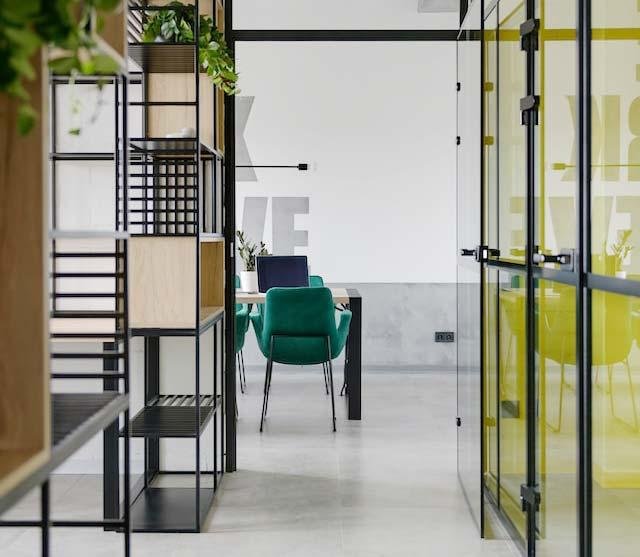
Compare to Other Partitions
Traditional wall cost comparison
Glass walls may appear more expensive than drywall or brick. Long-term energy savings and aesthetic gains can justify the cost. Glass barriers open up spaces, whereas walls enclose them. On average, drywall or brick partitions can cost between $10 to $30 per square foot, while glass partitions can range from $50 to $200.
Energy efficiency vs. solid partitions
Glass barriers transmit natural light, reducing artificial lighting and energy usage. Power costs are reduced and sustainable design is promoted. Green building and carbon reduction proponents choose energy-saving glass barriers.
Customization Options
Variety of glass
The choice of glass type can affect the cost. Clear glass is typically more affordable, ranging from $50 to $150 per square foot. Tinted, frosted, or textured glass may cost slightly more, with prices ranging from $80 to $200 per square foot. The exact cost depends on the specific type and quality of the glass.
Frame materials and finishes
Frame materials like aluminum or steel, and finishes like matte or glossy, can add to the overall cost and customization. Aluminum frames are generally more affordable, while steel frames may cost 10% to 20% more. Matte or glossy finishes can add around 5% to 15% to the total cost. Expect a range of $10 to $30 per linear foot for frame materials and finishes.
Extra features and accessories
Adding features like acoustic insulation, sliding doors, and integrated blinds can enhance utility but also increase the cost. Acoustic insulation might add 10% to 20% to the total cost. Sliding doors can vary widely in price, with basic options starting at $500 per door and more elaborate designs costing several thousand dollars. Integrated blinds can add around $20 to $50 per square foot to the total cost, depending on the size and complexity of the installation.
How to Install and Cost
Installation: Pro vs. DIY
Opting for a DIY installation can save money, but it comes with potential risks. DIY installation can be challenging and may not result in a perfect fit or ensure structural soundness. An estimate of the cost savings from a DIY installation is anywhere from $1,000 to $3,000 or more by installing the glass partition yourself. A professional installation of glass partitions though, ensures a perfect fit and safety. On average, professional installation costs can range from 20% to 40% of the total cost of the glass partition. For example, if your glass partition project costs $10,000, you can expect installation fees of approximately $2,000 to $4,000.
Possible extra costs
Unexpected expenditures including structural alterations, electrical work, and specialized fittings might increase the price of the glass partition installation. Before installation, a complete space inspection helps discover concerns that may require extra work or adjustments. The long-term advantages and practicality of well-installed glass walls offset these unexpected expenditures.

Maintenance and longevity
Glass partition maintenance tips
Glass dividers need frequent maintenance to last. Clear glass may be maintained by cleaning with non-abrasive products and avoiding harsh chemicals. Regular checks for wear and damage enable for prompt fixes, avoiding small concerns from becoming major ones.
Long-term durability
Glass barriers are tough despite appearances. Tempered glass is break-resistant, making it a durable investment. Glass dividers last for years and retain their aesthetics and utility. Understanding glass durability lets people choose depending on their requirements and preferences.
Reputable manufacturers
Choosing a trustworthy manufacturer is vital. Quality materials and craftsmanship are typical in well-known brands. Feedback from customers might show a brand’s reputation. Good manufacturers prioritize quality control and customer satisfaction to fulfill industry requirements and exceed client expectations.
Design trends for glass partition walls
Present designs
The latest glass divider designs are clean and simple. Modern, stylish frameless glass walls are growing in popularity. The smooth, polished glass without framing emphasizes its transparency and clarity. This design is common in modern houses and businesses.
Sustainable choices
Glass wall partition trends include green materials and energy-efficient designs as sustainability becomes increasingly important. Glass recycling is a developing eco-friendly option. Eco-friendly architecture and interior design use energy-efficient advancements like low-emissivity glass.
Environmental impact
Eco-friendly materials
Recycled or low-emissivity glass reduces carbon emissions and supports green design. Energy and raw materials are used less in recycled glass, making it more sustainable. Use eco-friendly products to build sustainable living and working spaces.
Energy-saving designs
Glass walls conserve energy and reduce heating and lighting, making them green. Heat-absorbing low-emissivity glass improves insulation and energy efficiency. People and organizations need energy-efficient glass walls as environmental sustainability becomes increasingly important.
Building regulations and standards
Glass partition installations must satisfy local safety and legal building codes. Depending on requirements, compliance may cost. Building codes require glass barriers to be safe in public and commercial spaces. Professional assistance on these requirements ensures installations are both attractive and safe.
Safety standards
Glass barriers must exceed safety regulations, especially in commercial buildings, which might affect glass partition wall price. Tempered or laminated glass may be required to prevent shattering injuries. Glass height and thickness can be controlled to guarantee structural integrity and reduce dangers. Safety is a must in glass partition installations, affecting design and cost.
The future of glass partitions and trends
Technological advances
Smart technologies like switchable glass and interactive surfaces will make glass wall partitions more versatile and practical. Switchable glass provides seclusion on demand by controlling partition transparency. Glass partitions become collaborative tools with interactive surfaces for dynamic presentations and brainstorming. Glass partitions may become more dynamic and adaptable as technology advances.
Emerging trends
Switching design trends will favor moving or modular glass walls for flexible configurations. Residential and commercial buildings can adapt using movable glass walls. Design for modern living and working spaces must be versatile. As design tastes change, modular walls will be attractive for adaptable and dynamic spatial arrangements. Walls of glass make it easier to adapt residential and commercial facilities to changing needs. These themes stress dynamic and responsive design to represent current living and working environments.
Conclusion
In conclusion, a glass partition wall price varies on glass type, design complexity, and installation. Glass barriers add natural light, beauty, and energy efficiency, making them worth the investment. Future innovations in interior design will bring more exciting developments. Glass partitions’ adjustability and timeless appeal make them a great investment for creating functional, attractive, and innovative spaces in homes and companies.
Glass walls are versatile for household and business applications. They provide modernism and openness to residential rooms, making them seem spacious and welcoming. In business settings, these dividers encourage cooperation, creating a modern work environment. A glass partition wall is an investment in the transformation of spaces, in the construction of practical, sophisticated, and open areas. The glass barriers represent the seamless combination of practicality, aesthetics, and technological progress as we embrace the present benefits and look forward to the future.
Recommended Posts:


